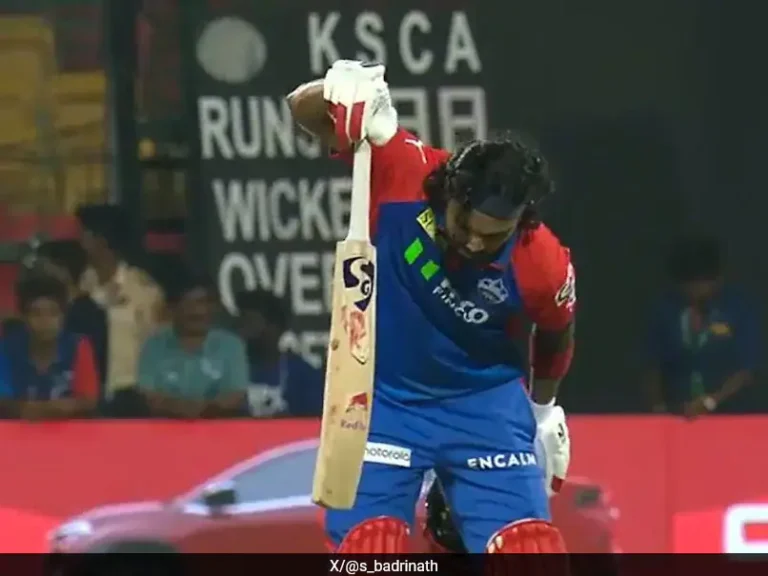
The Impact Player rule, introduced in the Indian Premier League (IPL) during the 2023 season, allows each team to utilize one substitute player per match who can actively participate by batting or bowling. This tactical substitution differs from traditional cricket rules, where substitutes can only field and are not permitted to bat or bowl.
Key Features of the Impact Player Rule:
- Team Composition: Before a match, teams list five substitute players in addition to their starting XI.
- Substitution Timing: An Impact Player can be introduced during natural breaks in the game, such as the start of an innings, the end of an over, the fall of a wicket, or when a batter retires. If introduced after a wicket falls or a batter retires mid-over, the new player cannot bowl the remaining deliveries of that over.
- Bowling Allowance: Regardless of the number of overs bowled by the player being replaced, the incoming Impact Player is entitled to bowl up to four overs.
- Player Replacement: Once substituted, the original player cannot return or participate further in the match.
- Overseas Player Restriction: If a team starts with the maximum of four overseas players, the Impact Player must be an Indian. However, if fewer than four overseas players are in the starting XI, an overseas player from the substitutes can be introduced as the Impact Player.
Historical Context:
On March 31, 2023, Tushar Deshpande of the Chennai Super Kings became the first Impact Player in IPL history, replacing Ambati Rayudu during the season opener against the Gujarat Titans at the Narendra Modi Stadium in Ahmedabad. The rule has since added a strategic layer to team management, offering flexibility and depth in both batting and bowling departments. citeturn0search0
Reception and Future Considerations:
The Impact Player rule has garnered mixed reactions. While some appreciate the added strategic dimension, others, like Indian captain Rohit Sharma, express concerns about its potential impact on the development of all-rounders. BCCI Secretary Jay Shah has indicated that the rule is not permanent, and its future will be evaluated in consultation with stakeholders after the 2024 T20 World Cup. citeturn0search1
As the rule continues to evolve, its long-term effects on team strategies and player development remain a topic of active discussion within the cricketing community.

